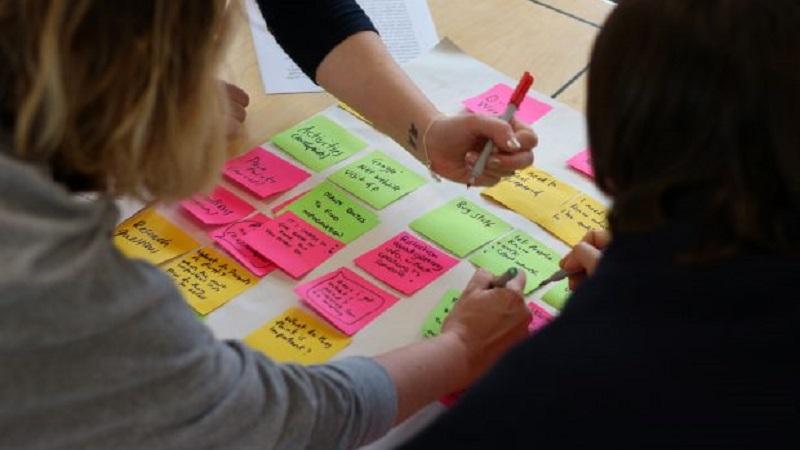Departments now possess vast volumes of data on citizens’ experiences of digital services and should make this information publicly available, according to Joe Tomlinson from the University of York
Picture credit: Crown Copyright/Open Government Licence v3.0
Recent years have seen the proliferation of user research in government. This is research undertaken so that people creating, developing, and managing the government processes the public uses can “learn about users and create services that meet their needs”.
A small army of civil servants dedicated to user research is undertaking this work. There is no precise publicly available headcount of user researchers working in central government, let alone local and devolved governments. Last year, however, the Cabinet Office disclosed that the cross-government user research Slack channel had 3,716 members.
The product of this vast researcher capacity and significant public investment is enormous quantities of high-quality research on how people perceive and experience frontline public services, especially digital processes. Yet, only some of this research has ever been published.
We should be clear on what is happening here. It would be like public funds being used to establish an institution of a similar scale to my institution, the University of York. Staffing that institution with highly skilled researchers who dedicate their time to researching how people interact with public services. Then not publishing any of its research.
It is true that this body of research is not traditional social science research of the kind that would usually be produced by academics, in that it is usually ‘applied’ research seeking to understand how a service can be improved, a problem can be resolved, or a policy can be implemented.
Nonetheless, it is still highly valuable.
It often involves an in-depth analysis of government systems based on internal government data sources and knowledge to which external analysts do not typically have easy access. It is also being conducted at a scale and pace that external research, for a range of reasons, could not hope to match.
It might seem hard to justify the position that this research is not made available for the public benefit – and it is. But it is also easy to see how we have ended up here.
As the emphasis on user research has grown within government, more research has been produced, but there have been insufficient knowledge management systems. As a result, it has been common for research and findings to be left littered across hard drives and spreadsheets in government offices.
Unlocking value
The reality is that the immediate challenge for many government bodies now is not whether and how to publish all their user research but to get a grip on what research they have done. The other priority is ensuring civil servants across government have access to analysis that might help them and are not duplicating work already undertaken. To this end, some departments, such as HMRC and the Home Office, have hired “librarians”, and others, such as Ofsted, have been developing “user research libraries”.
Some public bodies have, however, recognised the broader value trapped in unpublished user research and sought to make their “libraries” open. Hackney Council is a pioneer in this respect. Through their experimental project, all researchers and members of the public can, with great ease and no cost, access their various “collections”.
It gives us a glimpse into the value of the publication of this type of work.
What is needed is a clear vision for open user research in government. Yes, there may be circumstances where it is inappropriate to publish specific user research projects on ethical grounds. But, putting those exceptional circumstances aside, there is presently a valuable abundance of knowledge trapped within the walls of government bodies that there is no good reason not to publish. In any event, most of this research is requestable under the Freedom of Information Act.
But it would be far better for the government to commit to developing the infrastructure to unlock this value by proactively publishing user research.




